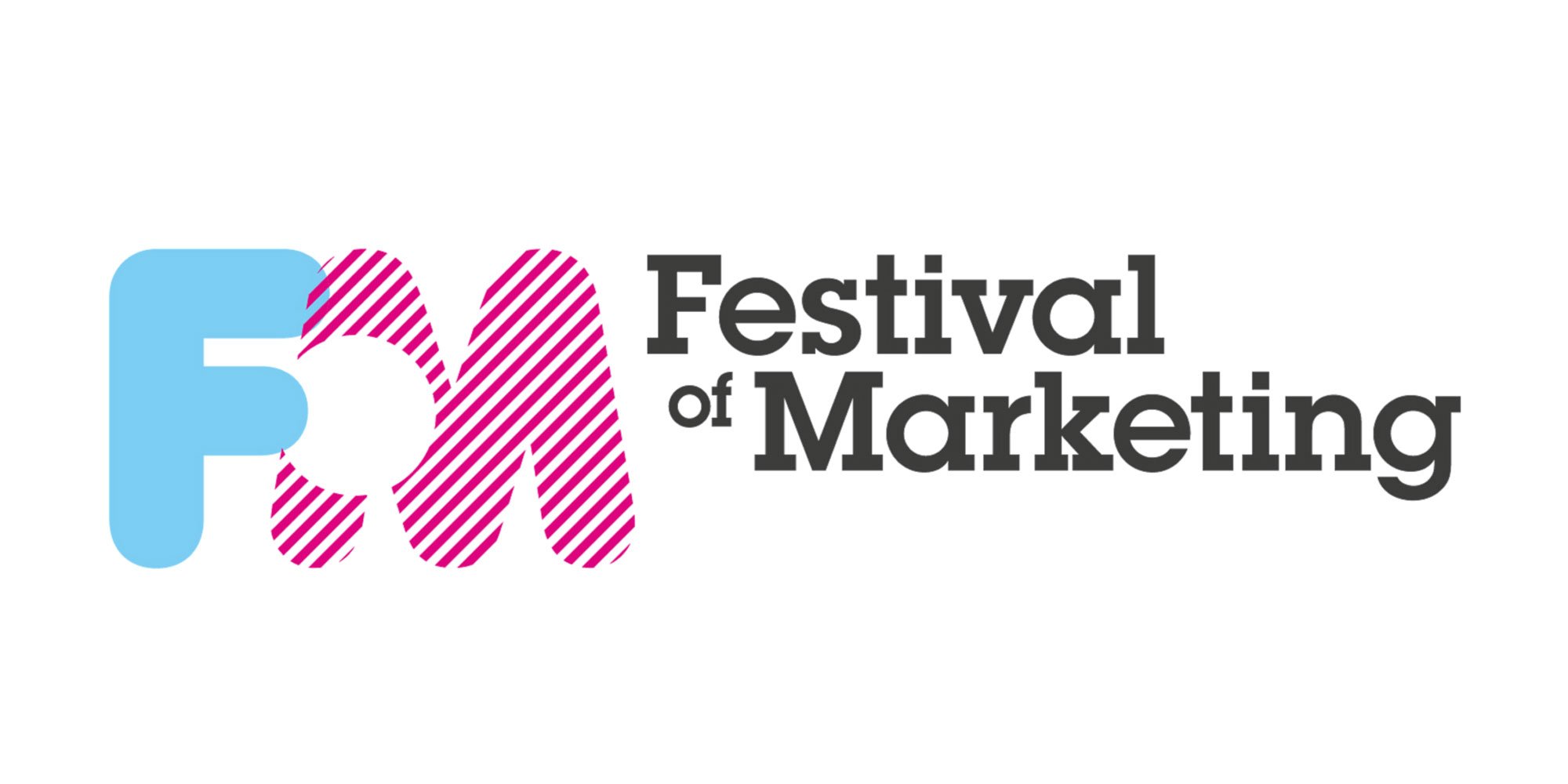
The 3 Themes from the Festival of Marketing
Highlights from the Festival of Marketing #FoM
Last week, we spent two action-packed days at Tobacco Dock, and my mind is buzzing.
There were some strong themes that came out, and so I thought I'd share some of what we found out.
Theme 1 - Immediacy
I blew it. I admit it. I meant to publish this blog last Thursday, but work got in the way. The only person that's really bothered about this (if I'm honest) is me. But for brands, the ability to respond quickly and appropriately is never more important than now.
Alastair Campbell (and other speakers, such as Mike Eames from Barclays) talked brilliantly about the impact that social media has had on reputation and "spin". The ability to respond both honestly and very quickly is paramount. Hopefully the #FoM will post his talk on Youtube as it was brilliant (they haven't done so at the time of posting).
In the spirit of immediacy, Alastair himself posted his script far more quickly than the Festival of Marketing - you can find the whole text here on his blog.
Theme 2 - Omnichannel
I don't know when the word "omnichannel" started to appear, but it was mentioned a lot last week, with the emphasis on providing a seamless experience for customers.
So what's really changed? Omnichannel is on the face of it not much more than the rebranding of "integrated". But we are in a world that is changing. A world where "integrated" quite doesn't get across the idea that messages need to be both engaging and utterly consistent regardless of channel. As we move to a world where all television is in high definition, on demand, this is really exciting for marketing. By 2025 it's predicted that we will have 48 million TV viewing options at any moment in time. For brands, this will require a fundamental shift, so a new word is probably appropriate. Is "omnichannel" the right word? We'll see if people are still using it at #FoM15!
Theme 3 - Broken Marketing Paradigms
I attended a brilliant session by Coke's Javier Sanchez-Lamelas, which I unashamedly steal from here, because it was so good.
1. Everything has changed
Marketers today are obsessed with media and channel, with NPS and social metrics. But that's not what marketing is all about. Marketing is about engaging with people in new ways, creating emotional connections with brands that changes behaviour, and the subsequent changes in behaviour. He reminded the audience that everything Peter Drucker had to say is still true.
2. We haven't seen this before
Javier talked about the explosion in channels and in consumer choice, and the impact this has on marketers. He showed us that this is not a new phenomenon, but that it happened before with the invention of the printing press, the radio, and then film and TV.
This change offers brands opportunities to create real connections with their customers (but will also spell the end for those who concentrate on media at the expense of creativity). This spells a move from "creative communism" (where brands pay media owners to air their content) to "creative Darwinism" (where poor marketing, that is not adaptable, will die).
3. Globalisation = Centralisation
As business becomes more global, Javier argued that this is a time to expand your reach, with cultural and local representatives all around the globe communicating and working together. If you try to centralise marketing or operations, or any other part of your business, you fail to recognise the many shades of light and dark, nuances and trends that impact on the success of your organisation.
He shared some of the fantastic global Coca Cola campaigns, pointing out the success of the Share a Coke campaign (from Australia), and the mini can campaign (from Germany).
4. It's complex to predict the future
It's not complex to predict the future. We have more metrics, more data, deeper understanding than ever before. We need to predict the future in order to stay ahead.
According to Javier "You must make sure the change inside your company is going faster than the change outside. If a marketer thinks they live in the future then they will not be able to progress their mind. Spend time talking to early adopters and kids if you want to be able to predict the future otherwise that’s a recipe for disaster. Without [external] guidance you’ll most likely be creating content for opportunities that no longer exist.”
5. Innovation is a central department
Javier's point: "If you appoint someone as the head of innovation, then everyone else in the business thinks they can stop innovating".
Point made!
This was the second Festival of Marketing - some brilliant content, and great speakers. There were a few organisational issues, particularly with The Digitals award ceremony, but overall we've come away with a lot of new ideas.
BLOG
|4 MIN READ
BLOG
|3 MIN READ
BLOG
|5 MIN READ
BLOG
|4 MIN READ
BLOG
|2 MIN READ
BLOG
|4 MIN READ
Sign Up



